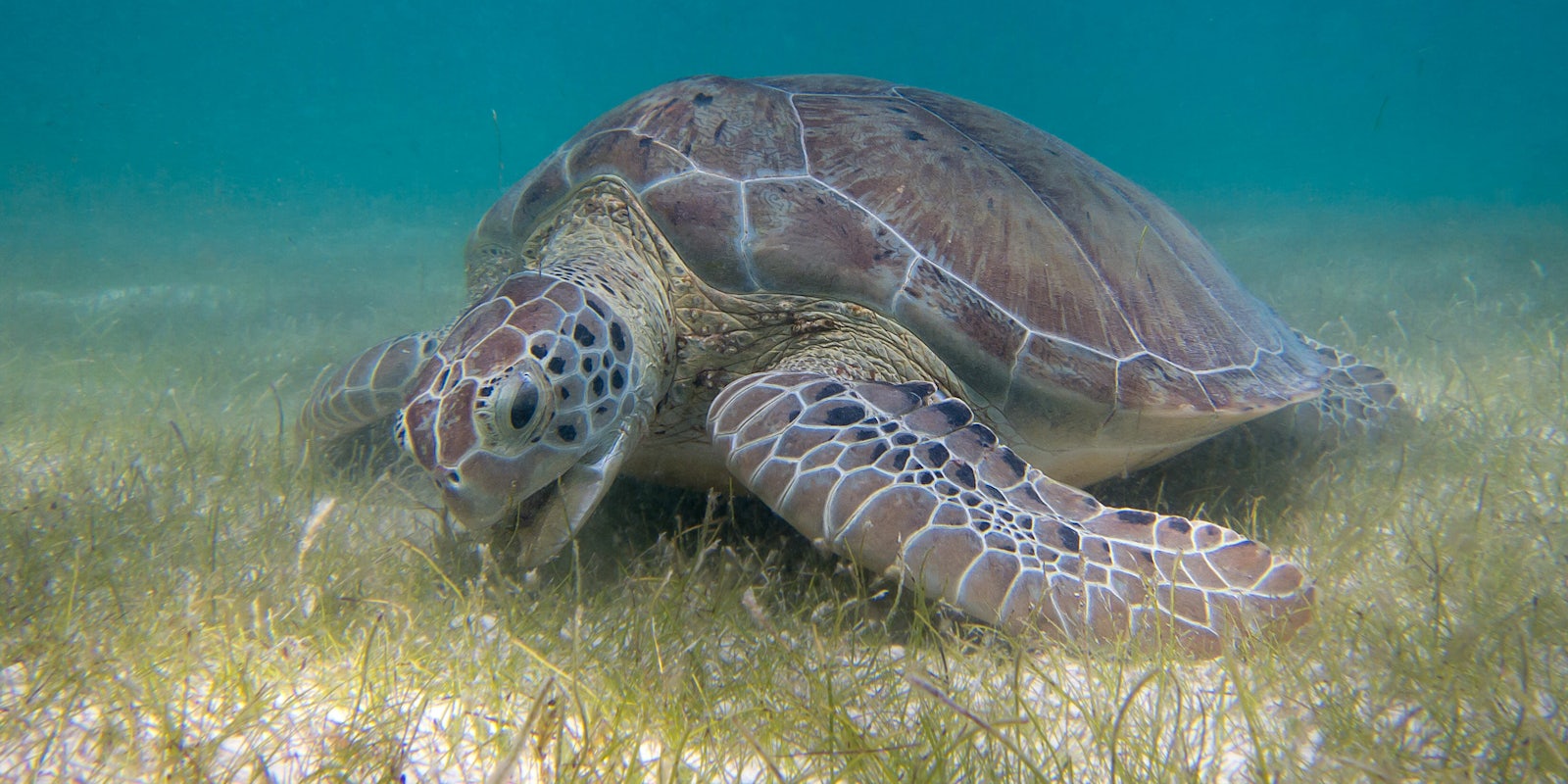BY BENJAMIN DUBOW
Seemingly overshadowed by a new lawsuit against the president, a dismal approving rating, and Attorney General Jeff Sessions denying Russian collusion in the 2016 election, the Trump administration ditched a rule on Monday aimed at protecting endangered whales and sea turtles on the West Coast from mile-long gill nets meant to catch swordfish.
The National Marine Fisheries Service’s ruling is one of the administration’s first moves in targeting protections of threatened species, the Associated Press reported. Gill net fishing is banned in most of the world’s high seas. That includes the U.S., with the exception of the West Coast swordfish drift gill net fishery.
The Pacific Fishery Management Council proposed the rule in 2015 with the support of conservationists, regulators, and fishermen. Meant to protect whales, dolphins, and turtles that live in the waters off the West Coast, the rule would have closed gill net fisheries for up to two years if a certain number of whales, turtles, or dolphins were killed or injured by the nets.
But the NMFS decided that the rule was unnecessary given the apparent success of alternative measures used by the fishing industry in recent years, such as underwater sound systems designed to warn off whales and larger escape openings near the tops of the nets to give the animals a better chance at escaping.
“The bottom line is this is a fishery that’s worked hard to reduce its impact,” Michael Milstein, a spokesman with the federal fisheries service, told the AP.
Others, however, remain skeptical of the supposed strides made by the alternative measures. Geoff Shester, the California campaign director for Oceana, told Vocativ that the government should be incentivizing more efficient, and sustainable technology, such as deep-set buoy gear. This echoed a similar sentiment expressed in a September 2015 letter from three senators when the rule was first proposed.


